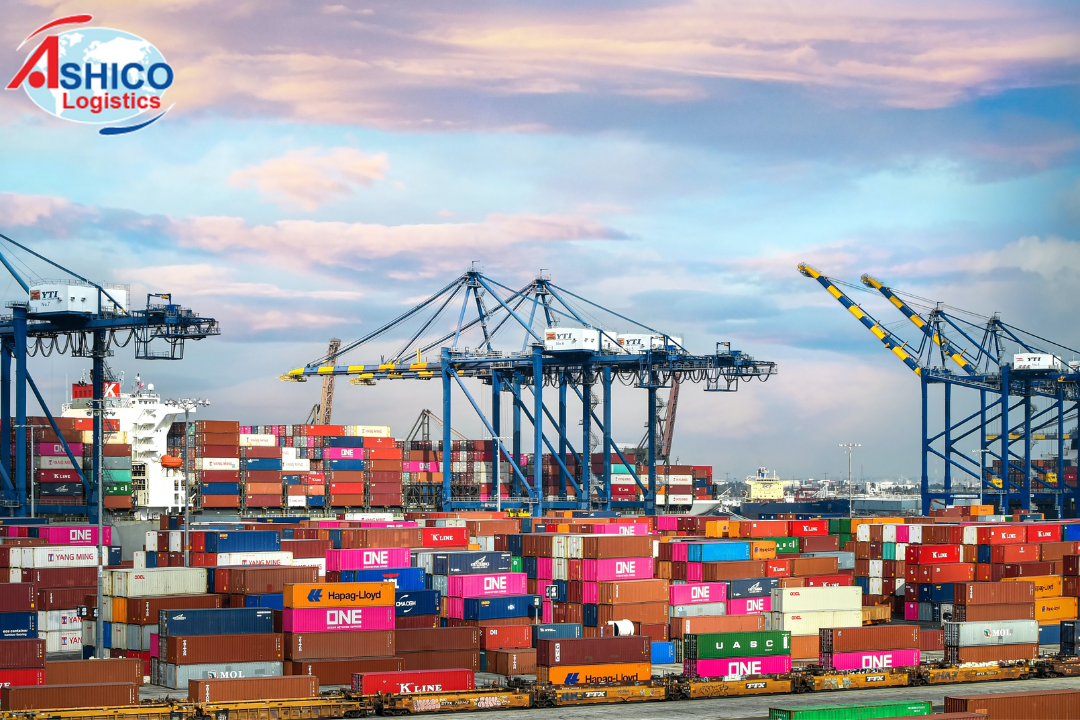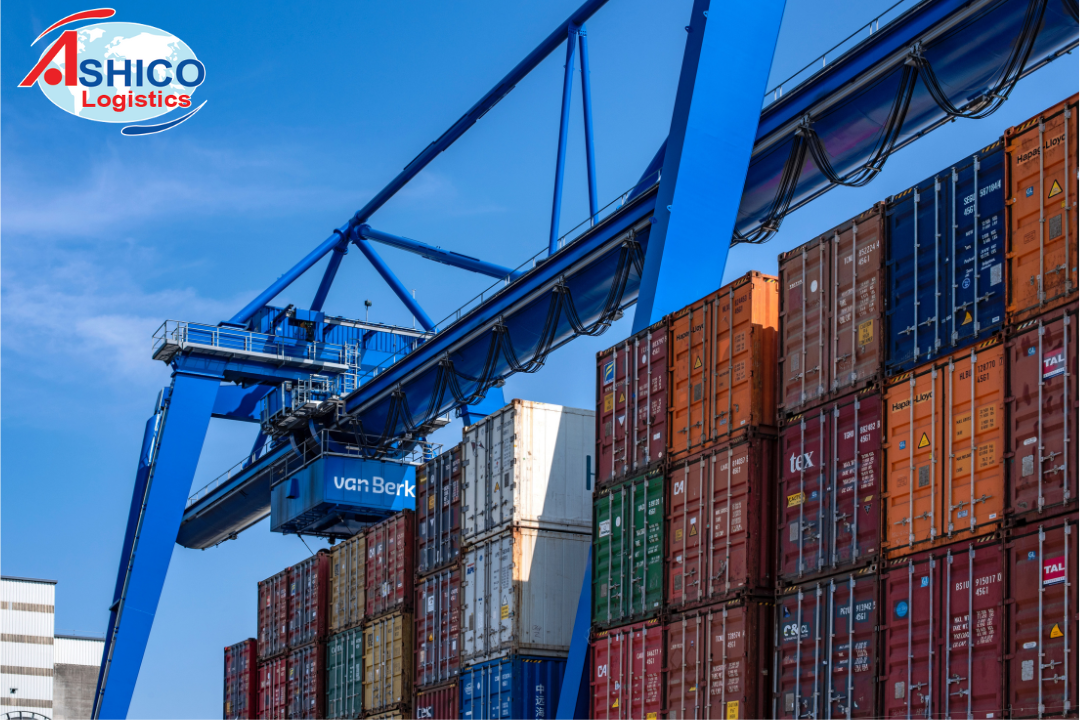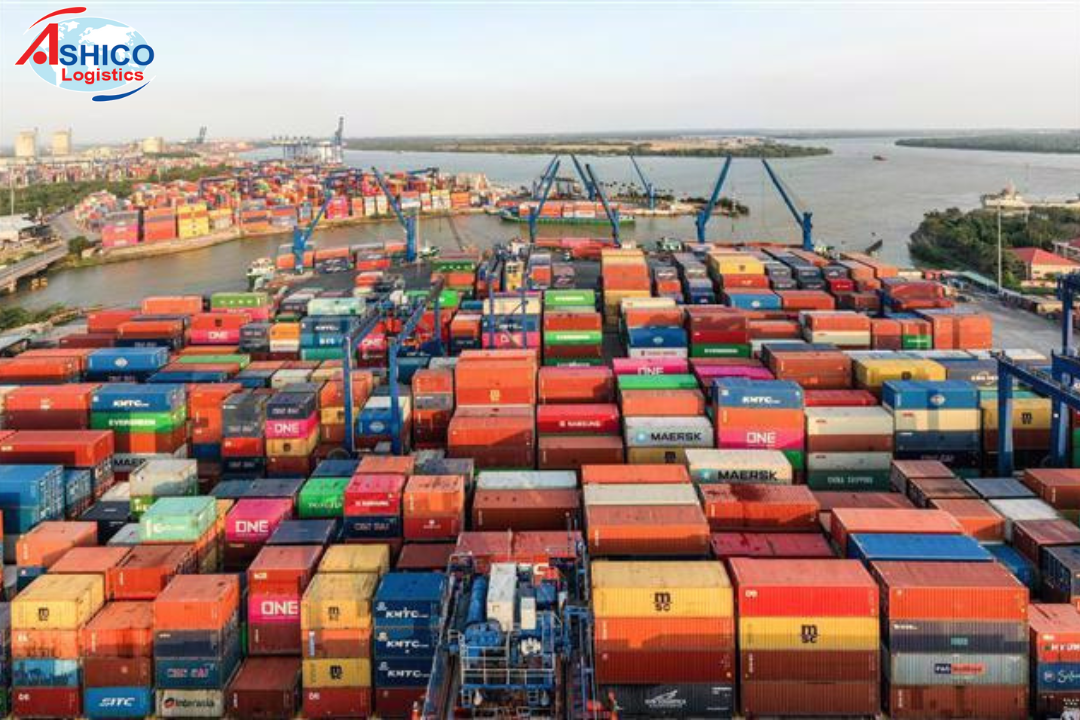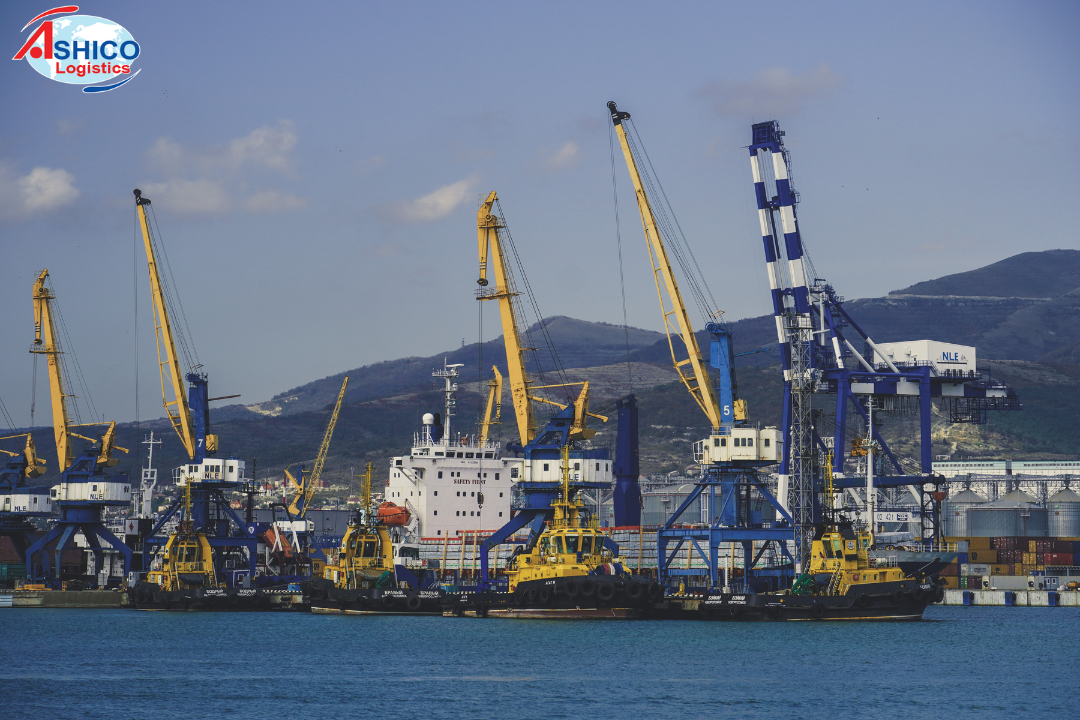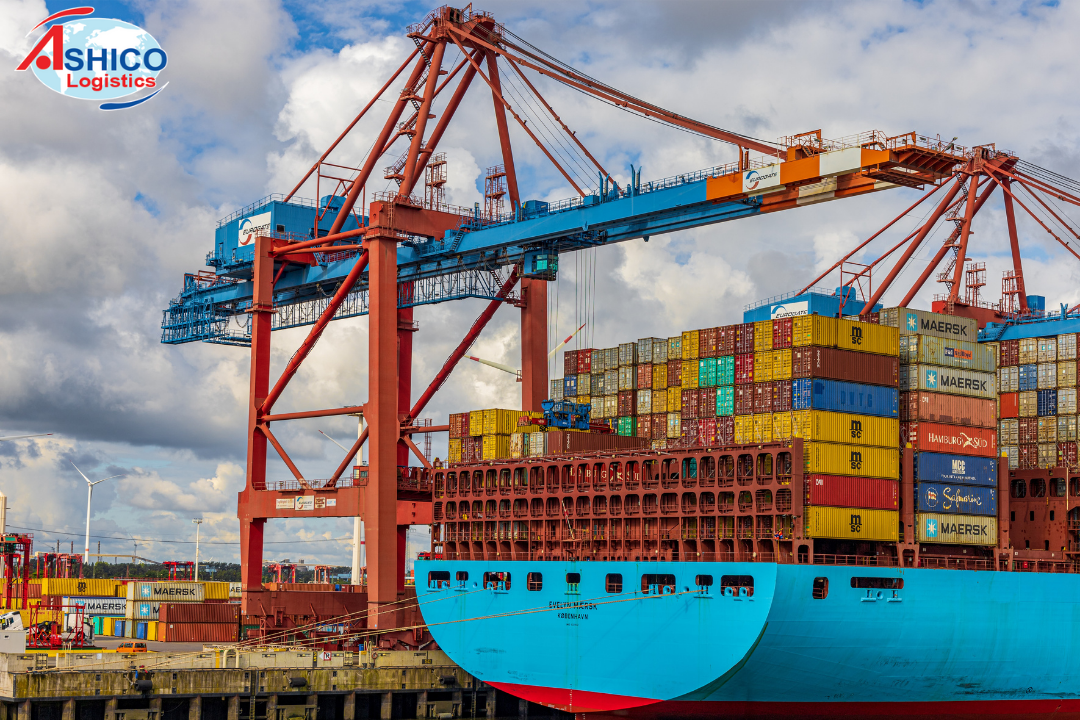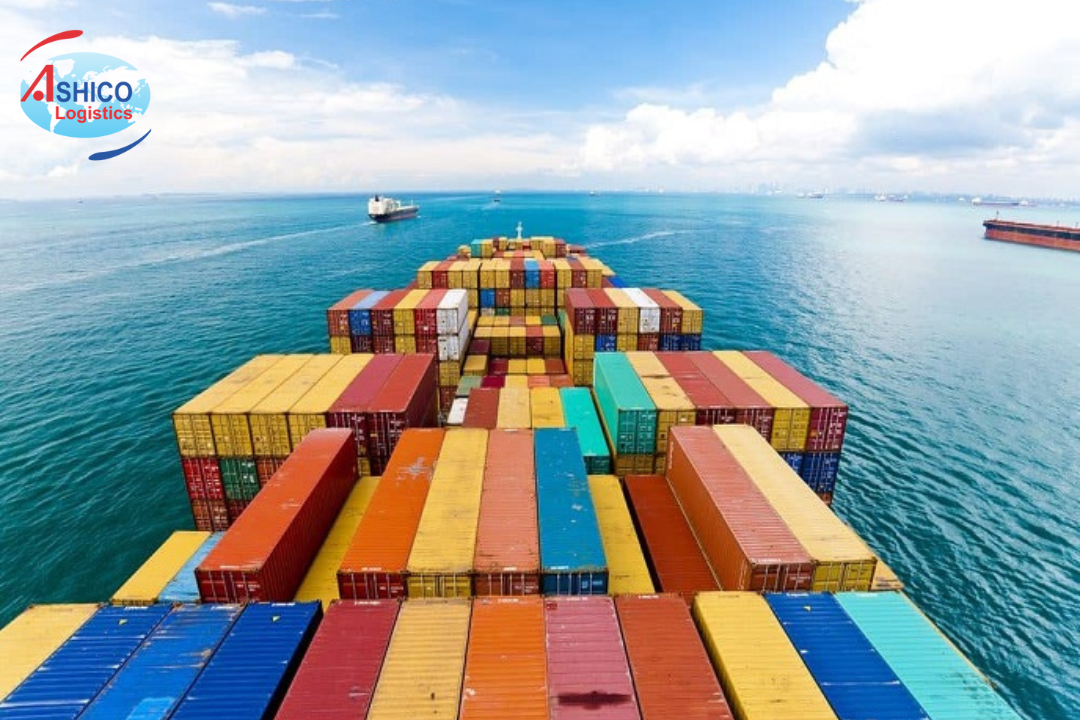
Criteria for choosing international freight carriers
When importing and exporting goods, shippers choose a carrier based on freight rates, services, transit time, environmental impact, brand...
Choosing a freight carrier, especially for international shipping, is a challenging decision for many managers. In addition to obvious factors such as services at terminals and freight rates, there are many other factors that shippers must consider when choosing.
.png)
Depending on business needs, shippers determine important criteria and based on that to choose the right carrier. Photo: Marine Insight
Below are the basic criteria to help shippers choose a container shipping service provider.
Service at the port
Container carriers often deploy door-to-door service, connecting ports of origin and port of destination, along with other support services.
For imported and exported goods, many freight forwarding companies will offer accompanying services such as customs clearance support, specialized inspection for imported goods, along with international shipping services. economy for the convenience of shippers.
At the two ends of the port, container shipping companies also combine road transport services, including tractors, specialized vehicles, equipment, loading and unloading containers, forwarding and receiving. warehouse... The combination of services at the port ensures the extension and formation of a service chain in the field of multimodal transport, as well as logistics.
Carriers included in the consideration must have sufficient capacity to serve the transportation needs of customers.
Rates
Rates are a decisive factor in the carrier selection process and are often one of the pieces of information that a service provider must respond to. In addition to the service fee, shippers will check the quality of service provided by the potential partner.
Shippers should not trade-off between saving freight rates and the increase of other costs incurred such as excess inventory, redundancy, risk of out of stock...
Direct shipping or transshipment
Carriers can offer two separate products to shippers wishing to export to international ports, helping shippers to choose the one that better suits their requirements. It is direct transport (to the port of destination with only one ship) or transshipment (mobile transport of goods by one or more different ships).
Each mode of transportation has its own pros and cons, and shippers must carefully evaluate each one in detail as the distances involved, freight rates, ocean transit times and schedule reliability will vary for each mode of transport. with each route. The company's choice of route will depend on factors such as the nature and value of the cargo, the urgency of the transportation, onward connections, weather conditions, and the geopolitical environment.
Customer service
Shippers should choose a carrier that has good customer service, and is proactive in handling customer issues. Because, during the shipping process, shippers depend almost entirely on the carrier for regular updates and daily status reports.
If the carrier has a good customer care team, shippers can be assured of timely updates, visibility and cargo security, proactive support to ensure timely delivery and cooperation from the carrier.
Delivery time
For some high value frozen goods, seasonal goods such as fashion clothes, seasonal clothes, etc. shippers want the shipment to arrive as quickly as possible, to ensure business operations.
Transit time depends on the services at the port, also depends on the choice of shipping route and schedule of each shipping line.
Slower carriers often offer lower rates to entice shippers to book with them, while faster carriers charge more. Therefore, shippers need to evaluate whether the cost benefit with transit time to make the right choice.
Stability and Sustainability
A stable carrier in the market will ensure service productivity for customers' transportation needs. In the long term, shippers will enjoy many benefits when they negotiate with a partner with a stable position in the market and sustainable growth.
The aim is to develop a symbiotic and mutually beneficial relationship in which both parties strive to optimize long-term strategic advantages rather than short-term ones. For this reason, large companies often prefer to work with well-known carriers and often enter into multi-year contractual relationships and multiple trade routes.
Environmental concerns
The growing focus on the environmental impact of shipping and concerted efforts to reduce the greenhouse gas emissions caused by the shipping industry is increasing the proportion in the selection criteria that the shipping industry takes. Shippers use to rate and rank carriers. Between the two reputable companies, today's customers often tend to choose the more environmentally friendly company.
Phi Hung (Source : Marine Insight)


